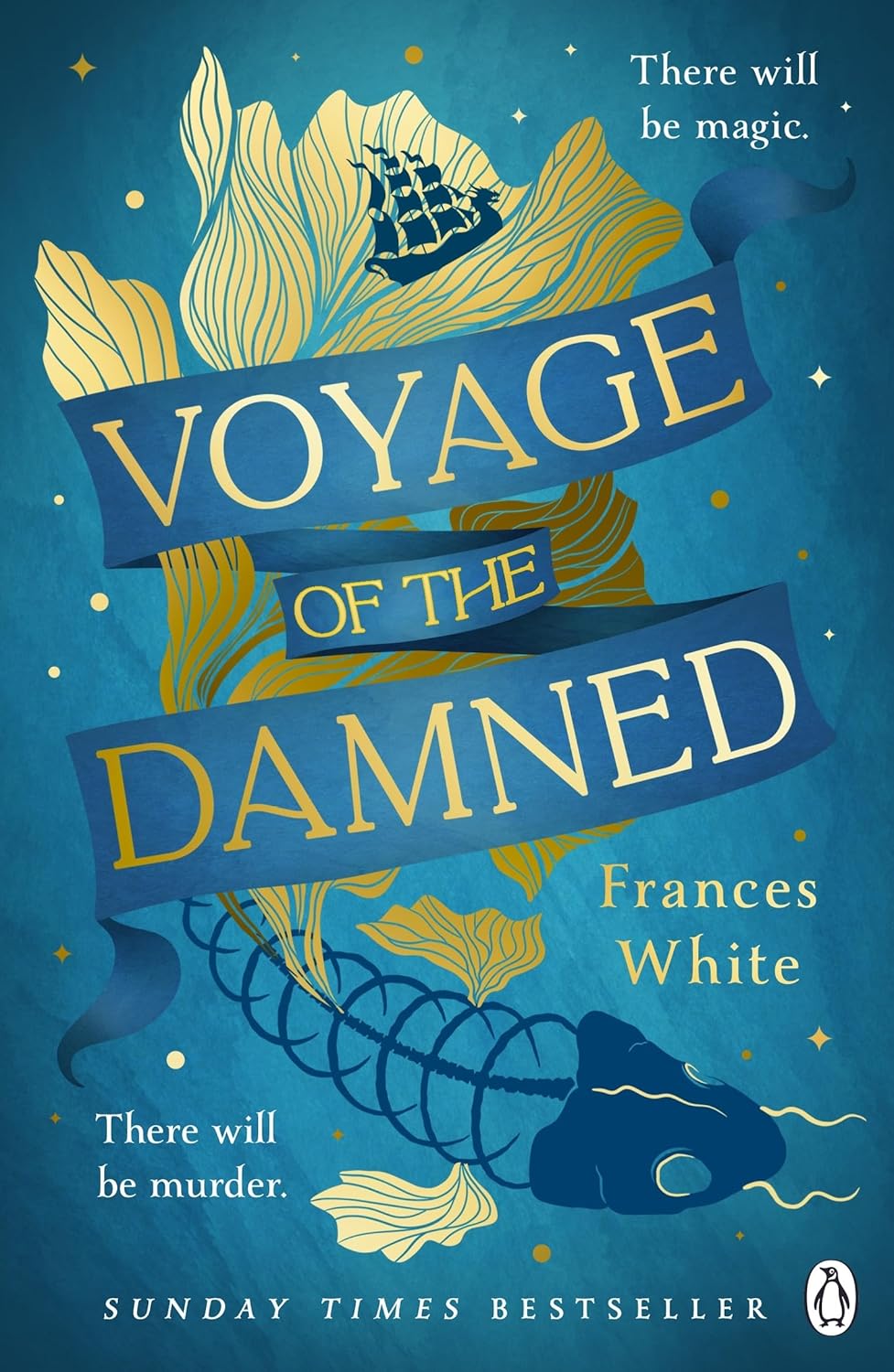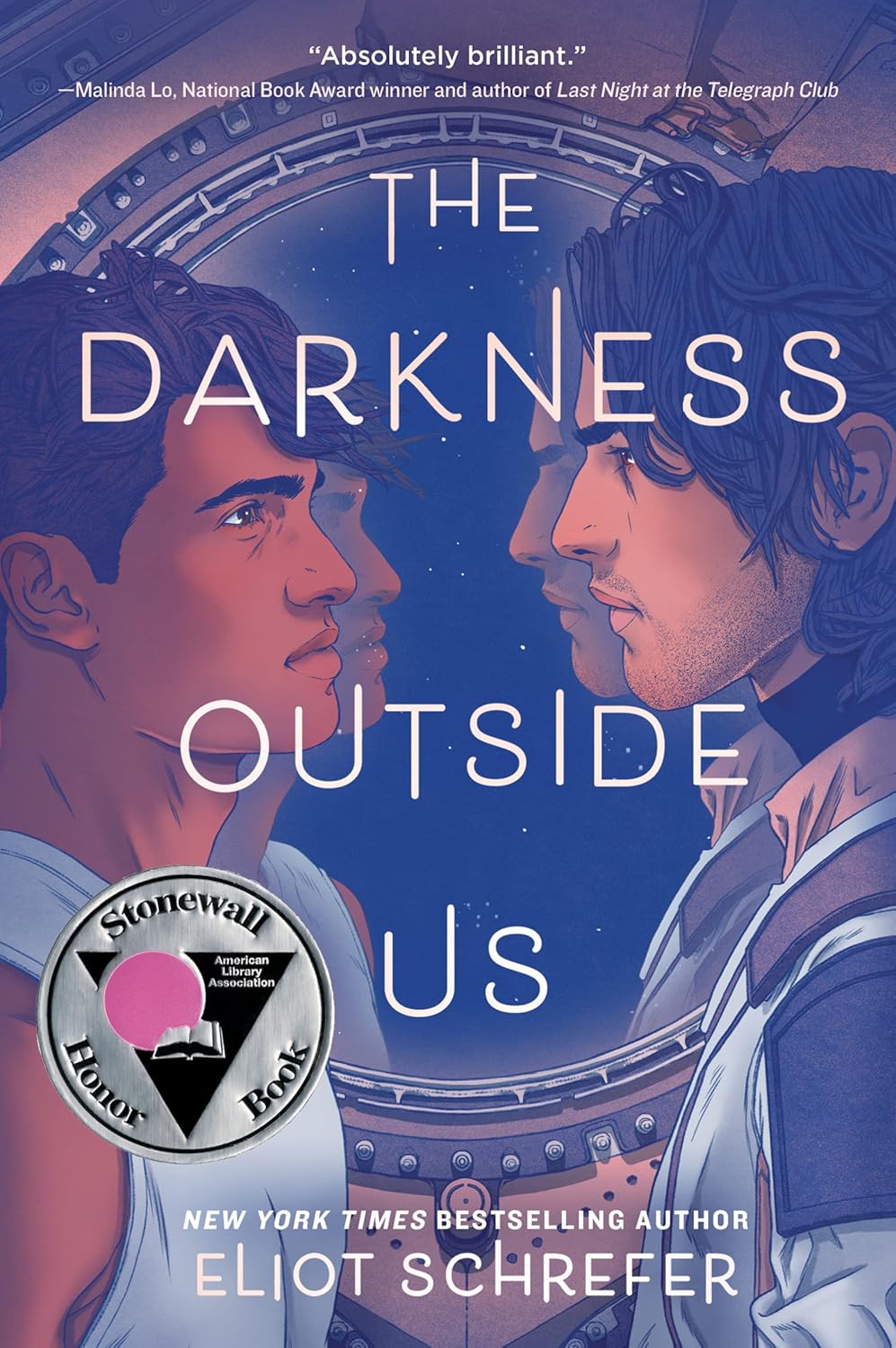- Reading: 117 books to 9 Dec 2025.
Current reading quote:
"Time passes. It passes.
It passes. It scores."
100. The Possibility of Tenderness, by Jason Allen-Paisant, 2025, non-fiction autobiography and botany (nature, lol), 5/5
Personal memoir as community social history, very readable prose, relates several subjects together (including the relationship between those who profiteered from slavery in Jamaica and then profiteered from selling all their slaves to the British taxpayer and then profiteered by using the British taxpayer's money to buy up and exploit common land or other land traditionally lived and worked on by the rural working classes in Britain, and so having ejected freed slaves from their homes in Jamaica proceeded to use the profit to eject working class people from their homes and livelihoods in Britain).
Brought back memories of my childhood, including rural working class people feeding ourselves from our own land (and freely distributing surplus to those in need in our communities), and my local shop being a wooden roadside shack that sold newspapers and tobacco and sweets.
So many possible quotes from this, but: "Sir, I'm glad to see you here; it means everything to me."
My one criticism is that Allen-Paisant doesn't allow science enough credit for recognising biochemical(-electrical-vibrational) communications between plants and animals.
101. Lost to the Sea, by Lisa Woollett, 2024, non-fiction geography and history and travel, 5/5
A social history of human settlements around the coastline of the British Isles (including Ireland) that have been "lost to the sea" by coastal erosion, flooding, and sand dunes, from prehistory to today. Not comprehensive but each chapter covers a different type of situation. Quote: "picknickers" is a choice of spelling, lol.
105. The Country of the Pointed Firs, by Sarah Orne Jewett, 1896, slice of life novel, 3.5/5
My favourite part was the extended pen-portrait of Mrs Todd, especially Mrs Todd the herbalist. I also thought the retired sea captain's immram tale was an interesting choice of genre. But the thing that makes these nostalgic USian settler narratives fail for me is the conspiracy of silence that they sign up to about the genocide of Native Americans / First Nations / Indigenous people. Jewett describes evidence of an "Indian" settlement and artifacts found on Shell-Heap Island (the shell-heap is an old midden), and that local white people collect these "relics"/"remains", and even repeats local legends about Native Americans from the area (the island landing is difficult to navigate so there is an implied level of boating skill in local cultures), and... that's it: the "Indians" were living there and now they're not and there's NO commentary about that at all - not one word - which is contrary to Jewett's anthropological curiosity about every other detail of local life. When USians say they have "no history" what they mean is that they don't want to remember the history they do have. It's such a creepy conspiracy of silence amongst otherwise engaged and curious people. Oh, and the "Indians" are only mentioned in relation to the currently uninhabited Shell-Heap Island and not anywhere white people now live - gee, I wonder why....
Quotes:
- [Mrs Fosdick, expurgated] "'T was 'counted a great place in old Indian times; you can pick up their stone tools 'most any time if you hunt about."
- [Mrs Todd describing her cousin-in-law Joanna Todd] "[...] she asked if he had any interest about the old Indian remains, and took down some queer stone gouges and hammers off of one of her shelves and showed them to him same's if he was a boy. He remarked that he'd like to walk over an' see the shell-heap; so she went right to the door and pointed him the way."
- [Captain Bowden] "I didn't know but you merely wanted to hunt for some o' them Indian relics."
( 109, 111, 112, 115 (&114 separately tomorrow, I hope) )




